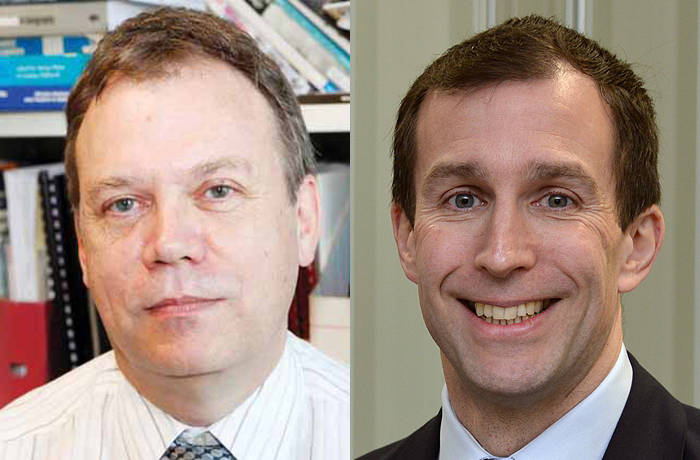
Clive Agnew and Simon Merrywest: NSS results
The results of the National Student Survey have now been released, with our University increasing overall satisfaction from 83% to 84%. This means we have maintained our ranking at 13th in the Russell Group and we are above the overall English sector average. It is important to note that the vast majority of Russell Group NSS outcomes are now clustered in the mid-80s.
This year’s increase in overall satisfaction level is welcome and we would like to pay tribute to all of our colleagues who have helped to ensure this improvement. These efforts are also echoed by the Times Higher Education teaching league table published on Thursday which ranks us at 9th place in Europe, although we need to take into account the methodology does not include student satisfaction.
Since the NSS release on Wednesday we have had a little bit more time to begin analysing the results and we want to use this blog to begin sharing some of our thoughts and explain how we plan to build on this year’s score.
One set of results we get is for subject areas and in some of these such as American and Australasian studies; Pharmacology, Toxicology and Pharmacy; Iberian studies; Microbiology; Physical Geography and Environmental Science. We have done very well with scores of 93% or more for sizeable student cohorts. Indeed, there are 13 subject areas in total from across the University where our reportable score is above 90%. The challenge is now for us to learn from these areas of excellence and make sure that we derive lessons that can be applied everywhere; recognising that there is still great variability across the University.
The NSS results can be grouped under nine themes. When averaged across the institution we are doing well and scoring above the sector average for Learning Resources and Organisation and Management. We are doing less well for Assessment and Feedback and Academic Support.
We have also been able to begin looking at different groups of students such as those from differing socio-economic backgrounds, those with a disability and BAME students, and once we have analysed these, we will look to put specific measures in place where needed.
The overall score also goes to show that our students are responding to significant investment in areas such as the physical campus, wellbeing and programmes like UCIL and Stellify which set us apart from other institutions.
However, it is clear the other institutions are also making improvements. It is therefore important that we continue to listen to our students, invest where necessary and ensure that every member of staff is supported in delivering the best possible experience for our students while they are with us.
Our ambition for Teaching and Learning is to attain a TEF Gold but this is challenged by our NSS scores. As a result, we have identified the need to do more to support staff to improve the quality of teaching and the student learning experience.
As a result, we are pleased to announce that we are creating The University of Manchester Institute for Teaching and Learning (ITL) and will shortly be interviewing for an academic Director to run it.
The focus of the ITL is to improve the quality of our teaching and it will run both strategic and teaching innovation projects. One of the first of the strategic projects will be ‘Curriculum Evolution’. A pilot will be run to develop a new approach to curriculum review through the three lenses of world-readiness, wellbeing and inclusion.
In addition the Teaching and Learning Group has considered how we can be more responsive and agile and is developing plans for ‘Curriculum Agility’ based on the Smarter Curriculum report by Caroline Bowsher and Louise Walker. There is a lot to do and we will be facilitated in finding new ways to tackle the challenges around student satisfaction through the opportunities provided by MyManchester and Student Lifecycle projects, the latter having been successfully launched on Monday, 1 July.
The NSS is but one measure of student satisfaction (it does after all only target final year undergraduates once a year).
Through the next academic year we plan to introduce a more sophisticated means of hearing the wider student voice on a regular basis, allowing us to take actions and make changes far quicker than now.
We would welcome your views on additional and immediate measures we should be taking to respond to this year’s NSS outcomes while also wishing to note the many excellent results where students are clearly very happy with their experience of studying here.
Professor Clive Agnew
Vice-President for Teaching, Learning and Students
Dr Simon Merrywest
Director for the Student Experience



0 Comments